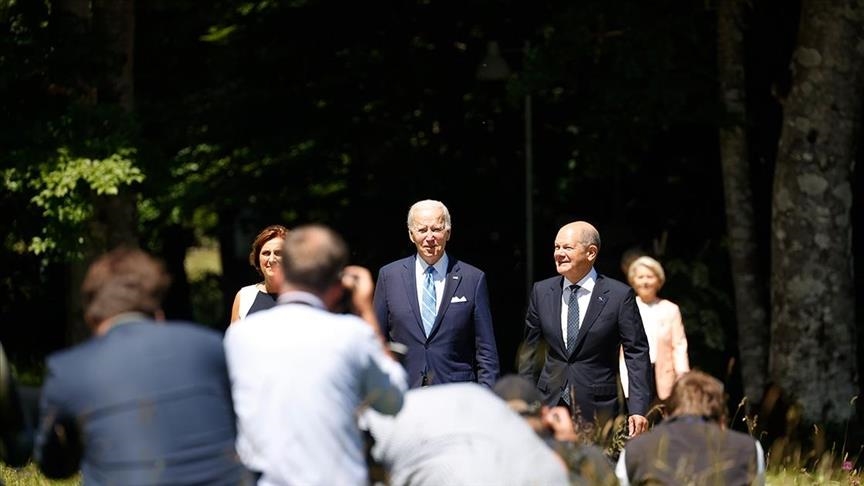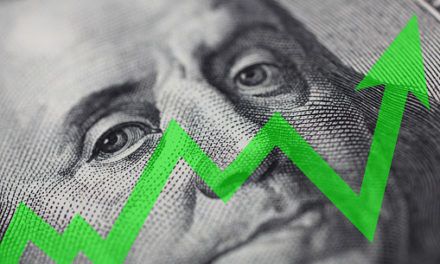World leaders of the G7 nations have detailed a plan to compete with China’s Belt and Road Initiative. This announcement came as leaders convened to tackle significant global issues such as health, climate change, war, poverty and hunger under the motto “ progress towards an equitable world.”
The initiative, named Partnership for Global Infrastructure and Investment (PGII), is a reboot of the previous plan revealed during the previous year’s G7 meeting held in England. The PGII has earmarked over $600 billion in funding to support projects in the developing world in a bid that would rival China’s Belt and Road initiative.
In addition to helping the developing world, US President Joe Biden reiterated the move would “deliver returns for everyone.”
“Not aid, not charity”
China’s Belt and Road plan has been severely criticized for placing poor countries further into debt. Biden was quick to dismiss that the G7’s plan would be different, saying it would be neither aid nor charity. Instead, nations should consider it an investment that would bring returns to participating nations.
In addition, it would concretely demonstrate how partnering with democracies would be beneficial, said Biden.
The American president challenged G7 leaders to raise over $600 billion within five years so that low- and middle-income countries can benefit from infrastructure projects. The priority projects include global health, climate change, gender equity, and digital infrastructure. Biden has committed that the US would raise $200 billion through private investment, federal funding, and grants. On the other hand, the EU promised 300 billion euros.
Highlighted projects
Leaders have already highlighted some projects that would receive PGII funding, including a vaccine manufacturing facility in Senegal, solar power generation in Angola, and a submarine telecommunications cable connecting Singapore to France through the Horn of Africa and Egypt.
Greenlighted projects are part of grand scheme to counter China’s growing influence as it finances several infrastructure projects in developing countries through the Belt and Road.
China’s initiative has been criticized for offering “predatory loans” to debt-riddled countries slowly getting into a debt trap. Ursula von der Leyen, European Commission President, explained that the PGII works as a “positive, powerful investment impulse” to illustrate to emerging countries that an alternative is available.















